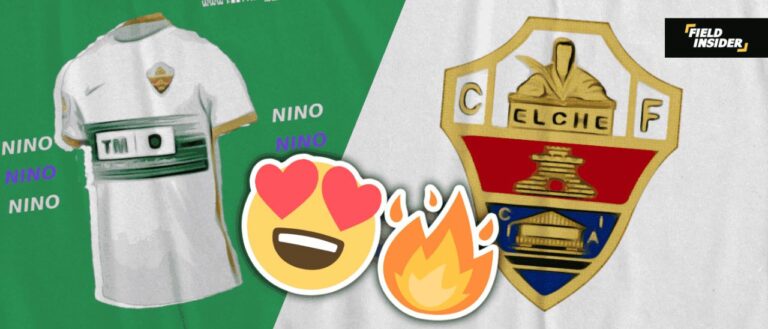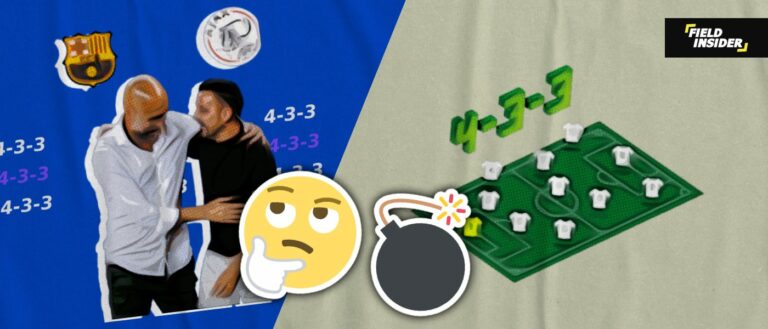Keeping Your Kids Motivated for Football: Tips
Many parents struggle to keep their children interested in sports. They are aware that their child is gifted and passionate about football, but they are unable to motivate them. As a result, your child feels devastated after the game, making it more difficult to talk them out of their disappointment.
First, you must identify and analyze the source of the problem. Things will become clearer once you realize how minor and insignificant factors are preventing your children from giving their all in the game. We will assist you in resolving this issue, and when you leave, hopefully, you will have a solution for your child’s motivation. We will discuss various methods for motivating and encouraging your children to play football so that they can perform to their full potential. Let’s get started!
Your Kid Needs Your Support!
We understand how difficult it is for working parents with children to take time away from their hectic schedules. However, you must understand that your presence is very important to your children and is undoubtedly a morale booster for them when they see their parents/guardians cheering for them in the stands. It will boost their motivation, and they will work hard for you. It’s important to remember that children always want their parents to see them succeed, and you must provide that opportunity for your young athlete by being present for him.
That being said, you must now begin attending their matches and making time for them, and you will see the results for yourself. You will see them rise once more and play to their full potential. They only require a reason to perform. It will greatly motivate your children.
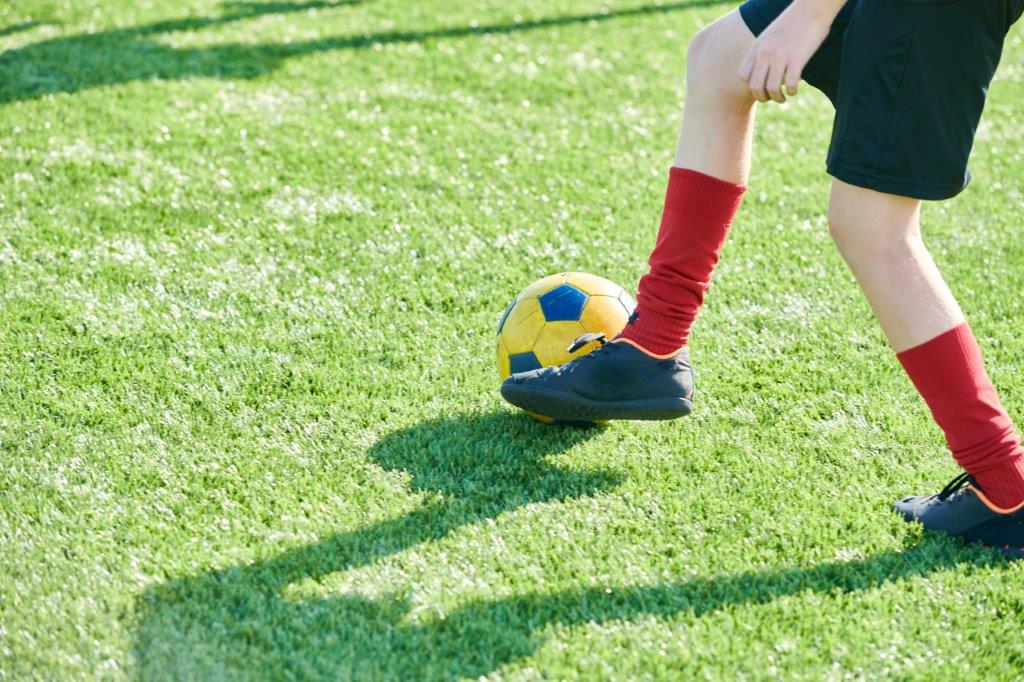
Don’t Pressure Them
Children struggle to comprehend the complexities when they are younger. They don’t see what’s at stake, and it’s difficult for them to stay motivated all the time. It also happens to adults. Keeping all of this in mind, the pressure they feel from their parents leads to even worse performances on the field.
Allow your children to have their own space and to feel at ease. As a result, they can concentrate on the game rather than the expectations. Every child experiences pressure to varying degrees; for some, it is beneficial, while for others, it is detrimental. And we’re not going to take any chances. Slow down and give them some space. It will all work out in the end.
Be Their Motivation
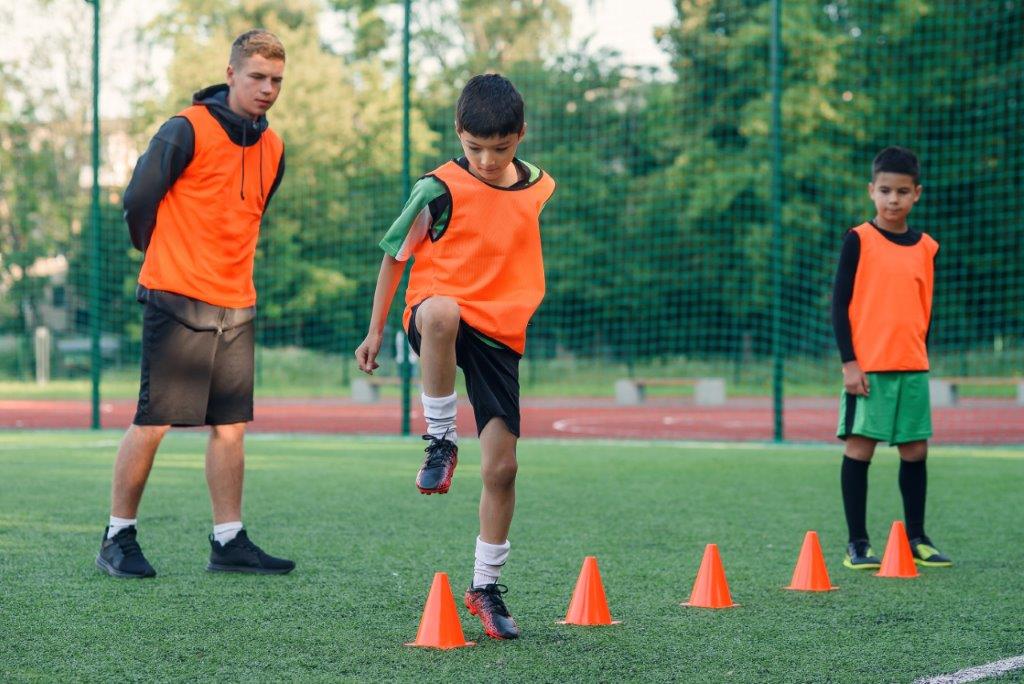
We, as humans, function in an interesting way; when your child is lacking motivation, they will look for it in their surroundings, which is where you come in. You must be encouraging to them, making them feel that you have their back and that no matter what performance they put on the field, you will always have their back. On the other hand, try not to discourage your child, don’t let them feel bad about their bad days. Similarly, when they bring silverware home, praise them for their efforts, make them feel like their efforts are the reason for their success, and they will be willing to work even harder in the future.
Eliminate Fears
Have you ever considered that your child’s drop in form could be due to multiple fears and expectations in his mind? If the answer is no, it’s time to think about it. Check to see if your child is afraid of losing, of the audience booing him, or of the coaches’ and parents’ expectations. Once you’ve determined the cause, you should work to overcome your fears. Teach your child to accept losses; it’s a difficult task, but it’s not impossible. Once your child has let go of his or her fears, he or she will regain the confidence necessary to perform at his or her peak in football.
Remember that kids want to have fun, and they should have fun while playing football. Don’t make it a serious affair for them; instead, let them loose and have fun. It’s critical, and we recommend that you read it again because there’s a fine line between supporting and pressuring your child. Many parents fail to recognize when they have crossed that fine line.
Is Your Child Burnt Out?
They are still children, and they deserve to be treated as such. We place a lot of responsibility on their young shoulders, and children nowadays have a very hectic daily routine to follow. Your child’s busy schedule could be one of the reasons he isn’t playing football to his full potential.
They may simply require a break to recover and feel mentally refreshed. Give your child some space and don’t make him play every day. Sometimes the kids are not physically tired, but they are mentally tired and exhausted. You will see him having fun with the ball again once you have relieved him of all the busy and hectic things. His form will reappear.
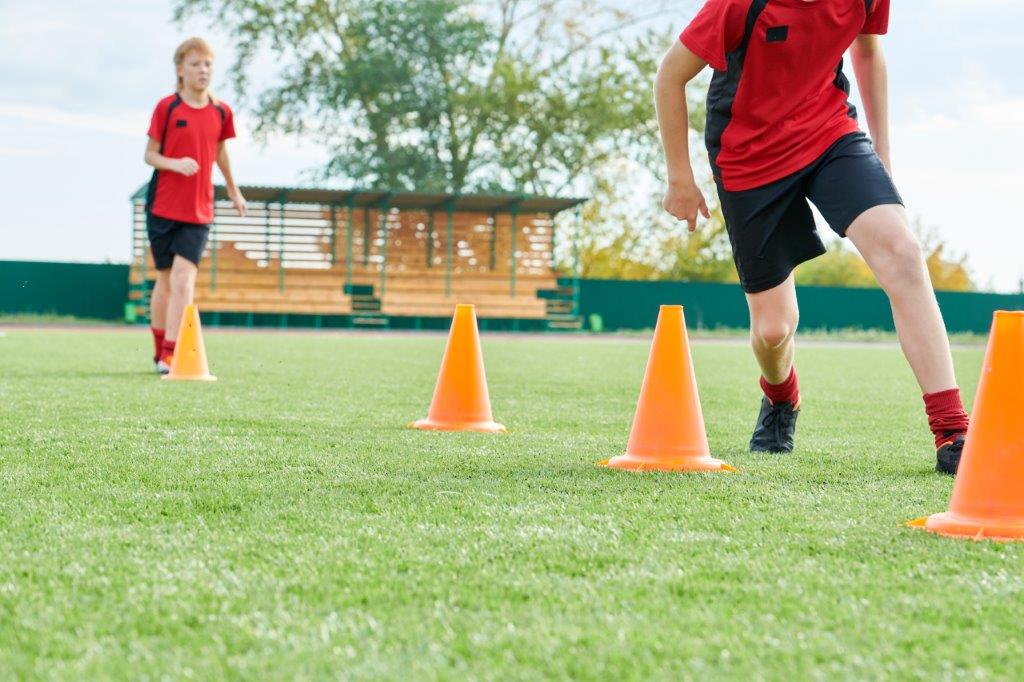
Play Your Part, Keep Your Kids Motivated!
If nothing is working and you have tried everything, your child is still not enjoying the most beautiful sport on the planet. It’s time to get started with your child. Don’t impose extra training sessions on them; instead, start talking to them about their gameday and training, ask them questions, and try to understand the problem from their perspective.
You can also start a personalized training session with your child without a coach, an audience, expectations, or pressure, just you and your child having fun with the ball. It will make it easier for your child to open up to you. Once he or she feels engaged, the enthusiasm and passion will return, and your children will be motivated once more. Remember that kids crave attention both on and off the field, and you as a parent can provide it in your spare time. Make them feel at ease.
Conclusion
You now know how to keep your kids motivated or to rekindle their enthusiasm for the beautiful game. Football is suitable for children of all ages and genders, and they all find it amusing and extremely enjoyable. You can apply all of the things we discussed to your child once you’ve done so.



